- The US Embassy in Harare has identified the potential for Zimbabwe to become a growth hub for Southern Africa.
- This is a curious conclusion to draw given the fact that Zimbabwe currently ranks near the bottom of the DHL Global Connectedness Index.
- The State Department’s Integrated Country Strategy for Zimbabwe neither conceptualizes what it means to be a growth hub for Southern Africa nor explains whether it would be in the US national security and foreign policy interests for Zimbabwe to become one.
- It is unclear what conditions and interventions would be required to transform Zimbabwe into a growth hub.The US Embassy Harare should pursue the transformation of Zimbabwe into a growth hub for Southern Africa as a mission security interest.
- Congress should play an active role in the planning process to ensure congressional support and resources to achieve this objective.
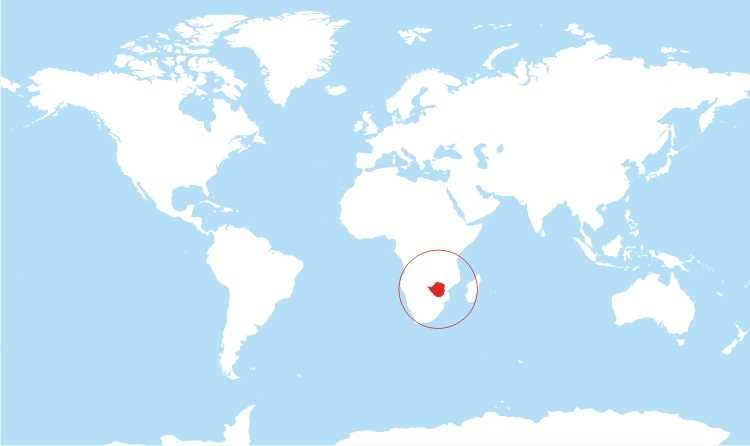
Michael Walsh and Charles A. Ray
Foreign Policy Research Institute- The Integrated Country Strategy for Zimbabwe (ICS Zimbabwe) declares that “Zimbabwe’s strategic importance to the United States is as a potential growth hub for southern Africa.” This is a remarkable conclusion to draw for a country that currently ranks near the very bottom of the DHL Global Connectedness Index—a major index that measures globalization based on international trade, capital, information, and people flows. This not only begs the question of under what conditions would Zimbabwe emerge as a growth hub for Southern Africa, but also whether it would be in the national interest of the US government to help Zimbabwe achieve that outcome. The ICS Zimbabwe fails to shed light on those questions. The embassy should be encouraged to answer them. Below is a list of some possible starting points for bringing about that state of affairs.
Recommendation #1: The ICS Zimbabwe should be amended to further develop the concept of Zimbabwe as a growth hub for Southern Africa.
In the Chief of Mission Priorities, the ICS Zimbabwe refers to Zimbabwe as a “potential growth hub for southern Africa,” and this is described as strategically important to the US government.
Nowhere in the ICS is it shown that Zimbabwe has the potential to become a growth hub or why this outcome would be strategically important to Washington.
Moreover, this is a perplexing observation given that Zimbabwe is a landlocked country currently ranked 160 out of 171 countries on DHL’s Global Connectedness Index 2022. This places it below all its neighbors, as well as impoverished Sub-Saharan African countries such as Sierra Leone and Gabon.
There is a clear and present need to define these terms and their relationships more fully. Fortunately, other actors have done so:
· Network theorists have defined a hub as a highly connected node in a group of interconnected nodes.
· The World Bank defines economic growth as the increase in the value of goods and services produced by an economy over time.
· The Southern African Development Community (SADC) is composed of Angola, Botswana, Comoros, Democratic Republic of Congo, Eswatini, Lesotho, Madagascar, Malawi, Mauritius, Mozambique, Namibia, Seychelles, South Africa, United Republic Tanzania, Zambia, and Zimbabwe. This collective of countries is commonly understood to be Southern Africa.
The US Embassy Harare should borrow from these concepts. This would provide a way to conceptualize the “growth hub for southern Africa” as an SADC member state that is highly interconnected with other SADC member states through linkages that drive positive change in volume of output or in the real expenditure or income of their populations.
Recommendation #2: The ICS Zimbabwe should contain a detailed explanation of the conditions under which it would be (and would not be) in US national security and foreign policy interests for Zimbabwe to become a growth hub for Southern Africa.
The government of Zimbabwe has strong relationships with major-power competitors of the United States and other authoritarian revisionist states who have expressed a manifest desire to change the world order.
The ICS Zimbabwe acknowledges that China has “expanded its influence” in Zimbabwe, and this is providing Beijing with “near-unfettered access to Zimbabwean natural resources,” including base minerals that are critical to the global clean-energy transition.
At the same time, the ICS declares that the Zimbabwean economy is currently functioning “for the benefit of a privileged few, including the president, his family, senior military officials, and a small group of elite ruling party and private sector actors.”
Related Stories
In this context, there is a need to make clear the conditions under which the transformation of Zimbabwe into a growth hub for Southern Africa would contribute “to local job creation, greater transparency, local economic development, citizen empowerment, gender equality, climate-smart solutions, and improved labor and environmental standards,” among other things.
In parallel, there is a need to identify the conditions under which the transformation of Zimbabwe into a growth hub for Southern Africa would support the administration’s policy of focusing on the transnational aspects of corruption.
One cannot assume that the transformation of the country into a regional growth hub would be of much benefit to ordinary Zimbabweans. It could very well fuel the spread of corruption and widen the already massive inequities that exist across the country.
Recommendation #3: US Embassy Harare should seek to partner with the government of Zimbabwe to develop a stand-alone roadmap for Zimbabwe to become a growth hub for Southern Africa.
In coordination with appropriate US government departments and agencies, the US Embassy Harare should develop a roadmap for American and Zimbabwean policymakers that depicts a strategic pathway for transforming Zimbabwe into a growth hub for Southern Africa, in a way that simultaneously advances US national security and foreign policy interests and SADC economic prosperity and opportunity.
This roadmap should clearly describe the resources, activities, outputs, short-term objectives, and long-term goals that would advance a “shared vision of a better, more sustainable, healthier, and more prosperous future” through transforming Zimbabwe into a growth hub for Southern Africa.
These activities should include specific risk management approaches that will be used to try to achieve the conditions necessary for the transformation of Zimbabwe into a growth hub for Southern Africa to be aligned with US national security and foreign policy interests over the coming decades.
Recommendation #4: The State Department should involve Congress early in the planning process to ensure congressional support and resources to pursue the transformation of Zimbabwe into a growth hub for Southern Africa as a US national security interest.
The transformation of Zimbabwe into a regional growth hub would be a resource-intensive, long-term goal that would require political and budgetary support over a span of time that likely exceeds the life-span of a single ICS.
The State Department would need to involve relevant committees of Congress in the early stages of the planning process to garner the support needed for a robust pursuit of this policy goal.
Congress would likely be receptive to innovative approaches for partnering with a country known to have large deposits of rare earth metals that are used in the manufacture of electronics, batteries, and magnets. Members do not want these important resources to fall under the control and direction of major-power competitors.
However, Congress would likely be sensitive to the costs and risks of pursuing such a long-term goal with a government that has long been hostile to US interests.

Michael Walsh is a Senior Fellow in the Foreign Policy Research Institute's Africa Program.
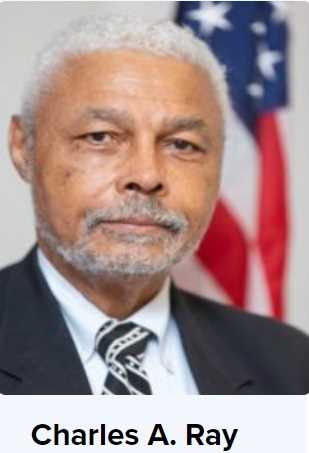
Charles A. Ray, a member of the Board of Trustees and Chair of the Africa Program at the Foreign Policy Research Institute, served as US Ambassador to the Kingdom of Cambodia and the Republic of Zimbabwe.
https://www.fpri.org/article/2024/01/zimbabwe-as-a-growth-hub-for-southern-africa/











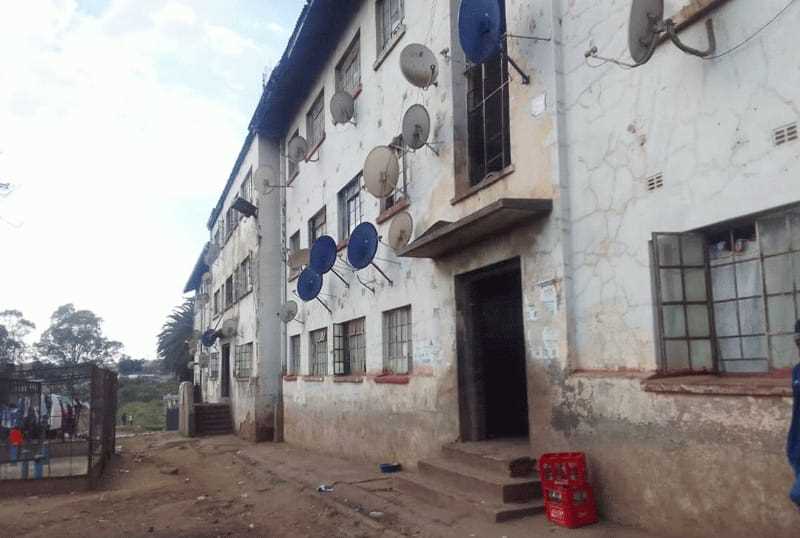
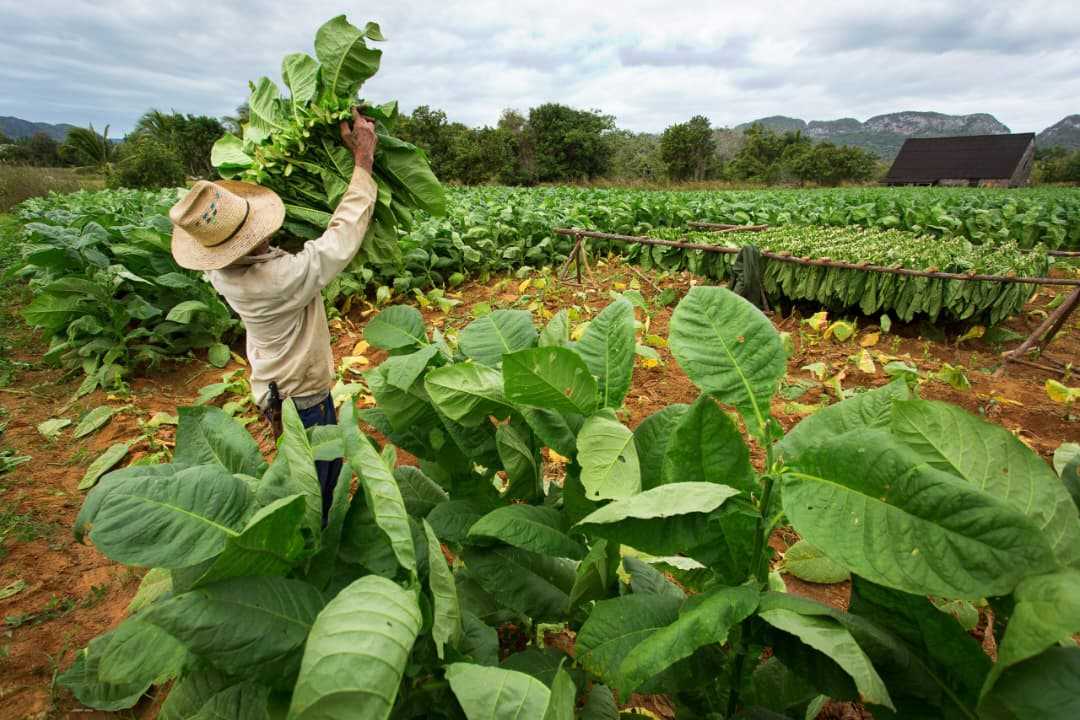


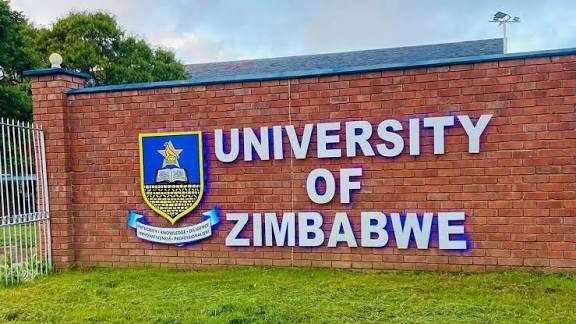



Leave Comments